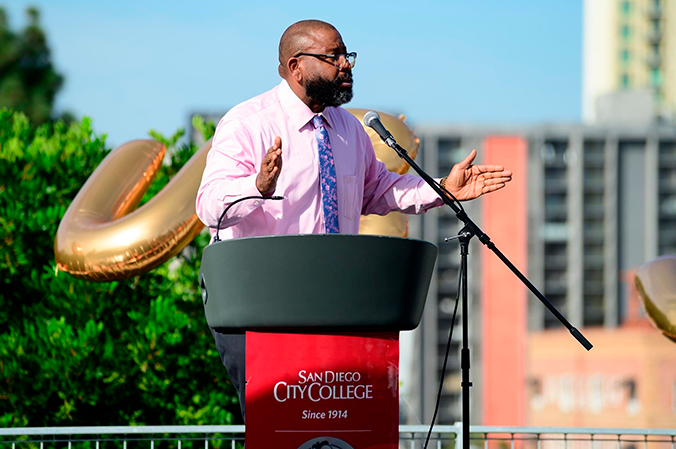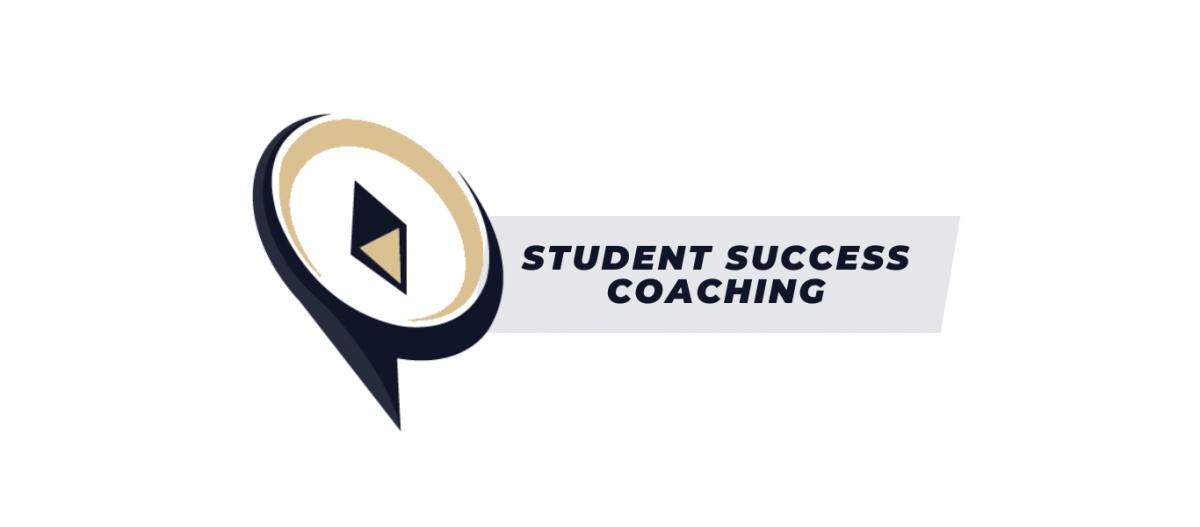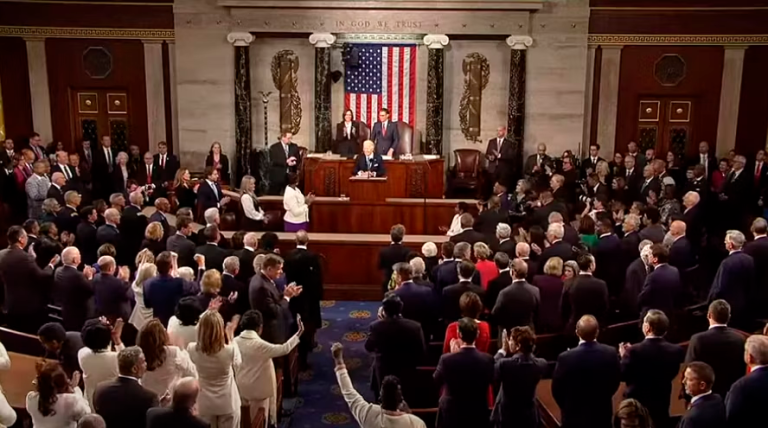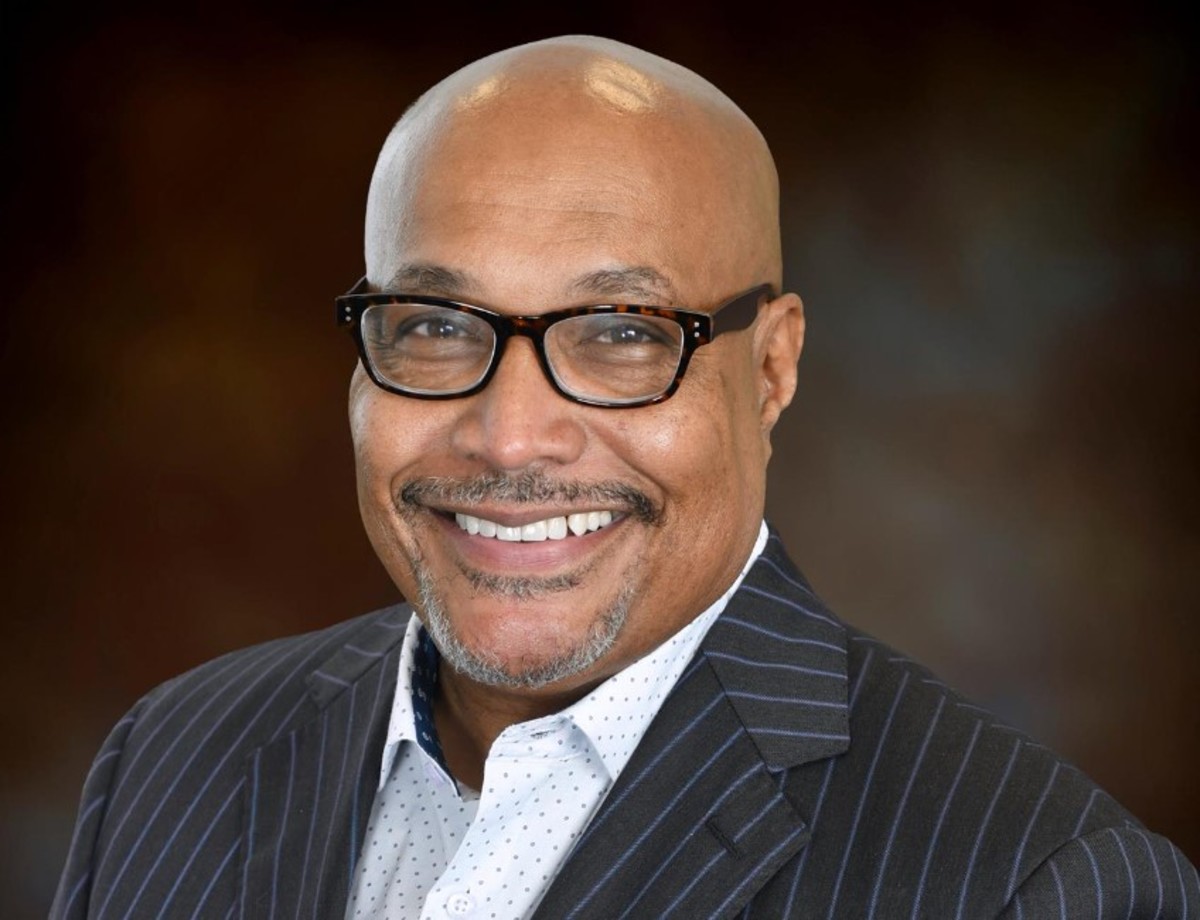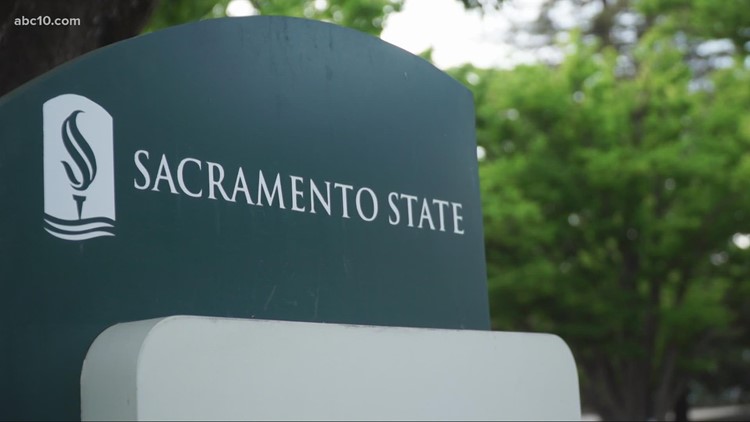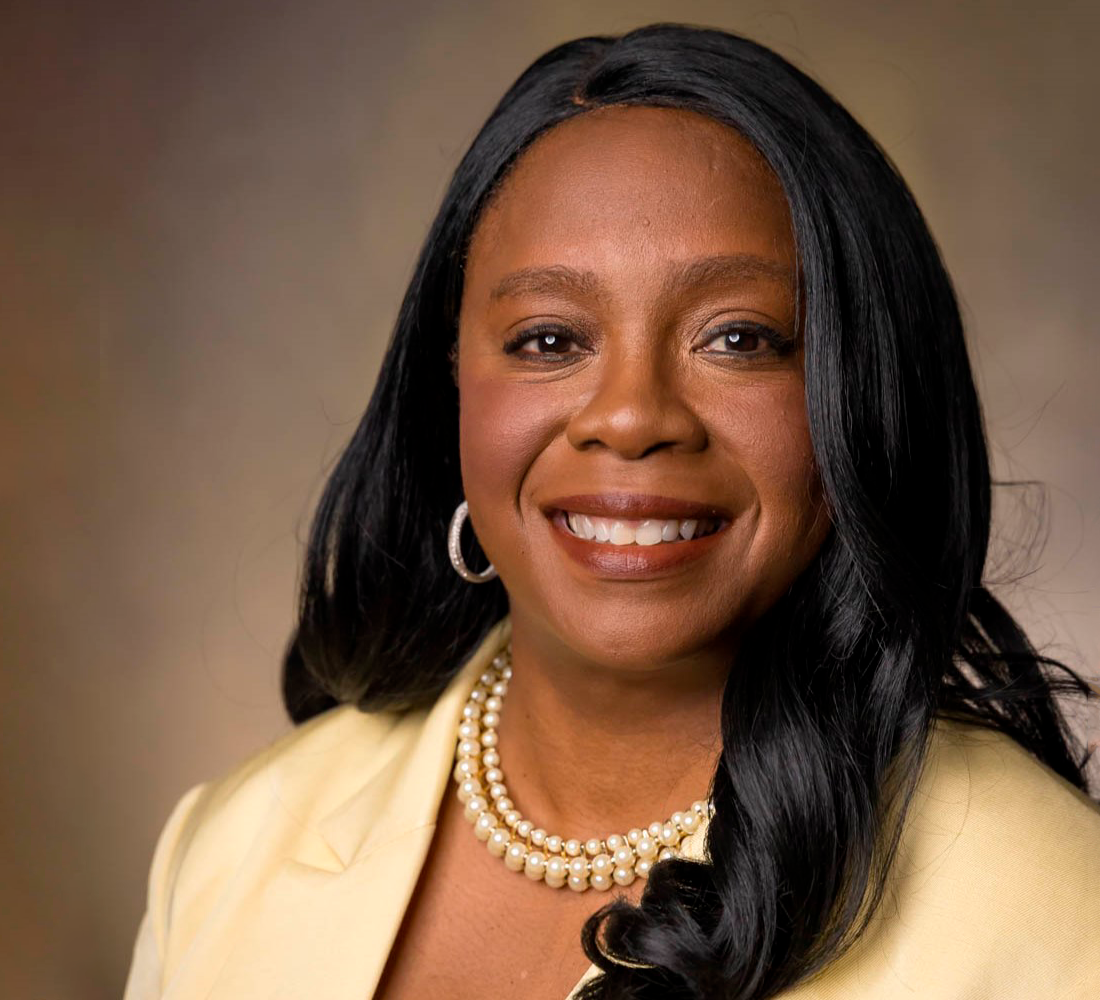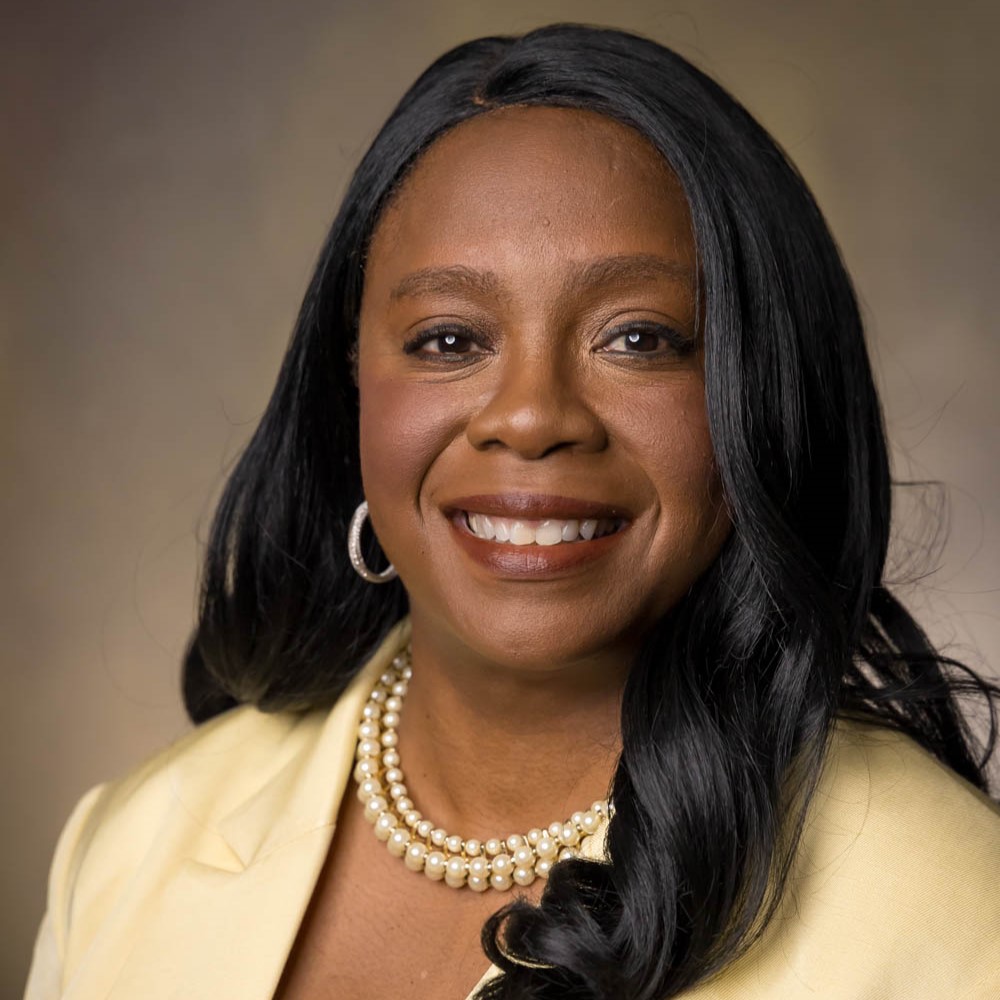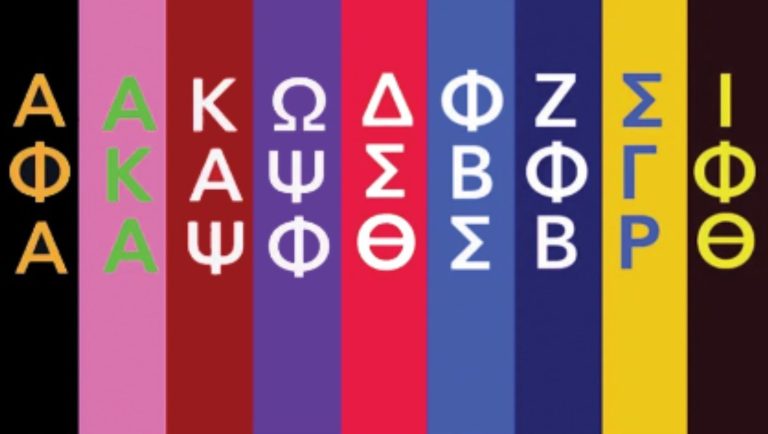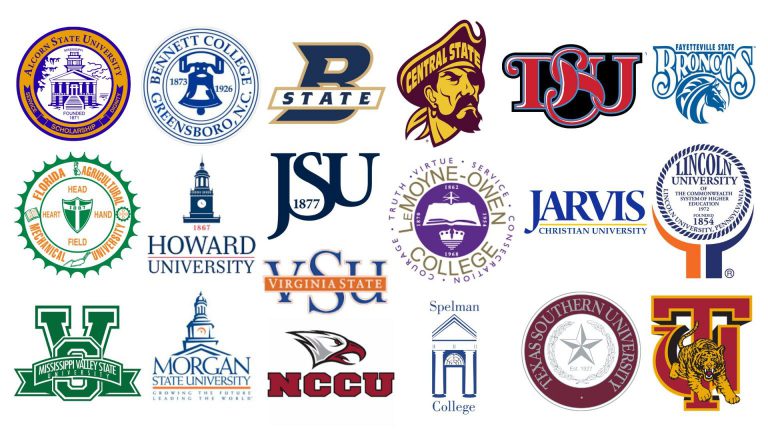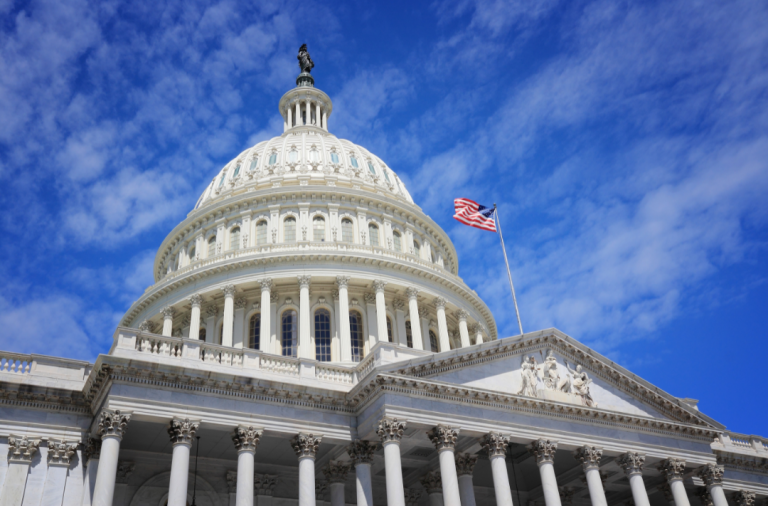Top 25 Best HBCUs In the US (2024)
- August 4, 2023
Historically Black colleges and universities, also known as HBCUs, are schools that were originally established to serve the African American community before the Civil Rights Movement. They are still incredibly important for the African American community today as they are beacons of the ongoing fight for equality and progress.
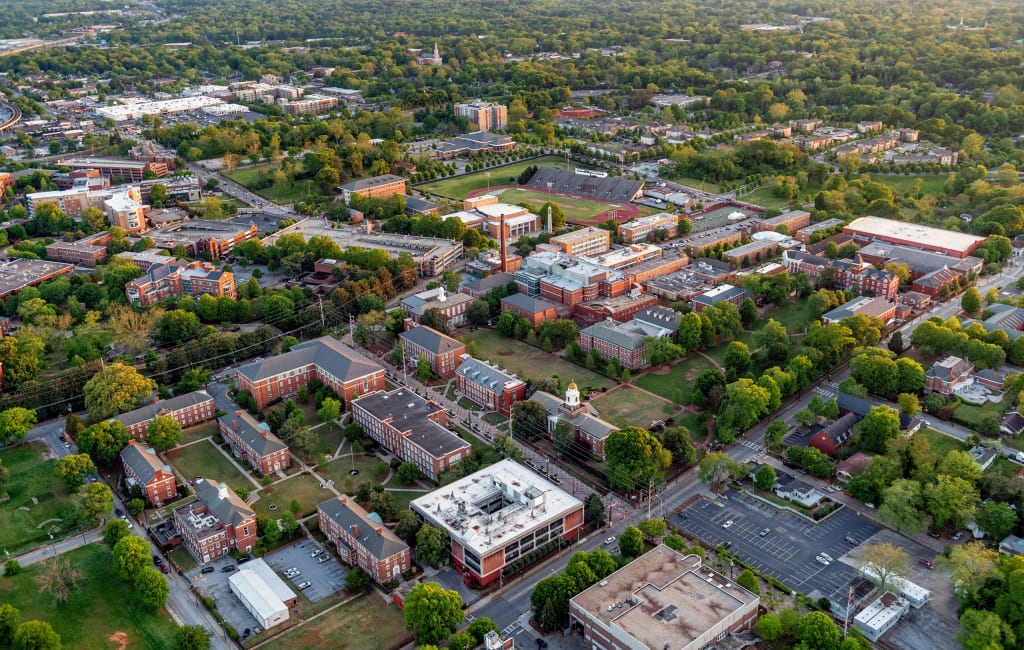
Currently, there are 102 HBCUs in the United States. We’ve highlighted the top 25 below. The schools continue in the spirit of their original missions, providing academic opportunities for ethnic minorities and underrepresented communities.
Top 25 Best HBCUs | 2024
A historically Black, women’s college – the second oldest in the United States –, Spelman College is part of the Atlanta University Center academic consortium. 96% of students attending receive institutional grant aid ($7,376 on average) and 91% will stay on after their first year. With an 11:1 student to faculty ratio, Psychology and Biology are the two most popular majors.
- Location: Atlanta, GA
- Institution Type: Private
- Student Enrollment: 2,417
“Veritas et Utilitas,” or “Excellence in Truth and Service,” is the motto of Howard University. The university boasts an impressive 91% first year retention rate. Offering undergraduate, graduate, professional, and joint degree programs which span over 120 areas of study, the university’s most popular major is Biology, followed by Political Science and Government, Public Relations Advertising and Applied Communication, and Psychology.
- Location: Washington, DC
- Institution Type: Private
- Student Enrollment: 12,065
Also known as Florida A&M or FAMU, the Florida Agricultural and Mechanical University is the only public historically black university in the state. FAMU accepts only 35.7% of students, 37.1% of which will go on to attend in the fall. With an 89% first years retention rate, many students choose to major in Health Services/Allied Health/Health Sciences.
- Location: Tallahassee, FL
- Institution Type: Public
- Student Enrollment: 9,000
Morehouse College is a historically Black men’s college that was founded in 1867. Famous alumni that have attended the college include Martin Luther King Jr, Samuel L. Jackson, and Donn Clendenon. Their motto is Et Facta Est Lux which is Latin for “And there was light.” The college has a 12:1 student to faculty ratio and an 86% first year retention rate.
- Location: Atlanta, GA
- Institution Type: Private
- Student Enrollment: 2,554
Tuskegee University, or TU, is a private historically black university located on a 5,200 acre campus that has been named the Tuskegee Institute National Historic Site. Known as the Golden Tigers, student athletes wear crimson and old gold and are part of the NCAA Division II. Students enjoy a 9:1 student to faculty and the school has a strong 80% first year retention rate.
- Location: Tuskegee, AL
- Institution Type: Private
- Student Enrollment: 2,654
A public historically Black research university, the North Carolina Agricultural and Technical State University, sometimes simply called A&T, was established in 1891. It is the largest HBCU in the United States and offers over 50 undergraduate degrees. The most popular majors include Liberal Arts and Sciences, Psychology, and Sport and Fitness Administration.
- Location: Greensboro, NC
- Institution Type: Public
- Student Enrollment: 13,322
Founded as the Slater Industrial Academy in 1892, Winston-Salem State University, WSSU, is a part of the University of North Carolina system. The school’s motto is, “Enter to Learn, Depart to Serve” and the most popular major by far is Registered Nursing. Athletes are known as the Rams and the school newspaper is called The News Argus.
- Location: Winston-Salem, NC
- Institution Type: Public
- Student Enrollment: 5,226
Founded in 1871, Alcorn State University is the nation’s oldest, historically Black, land-grant university and the second oldest public university in Mississippi. Alcorn has earned nationwide recognition not only for being affordable, but also for its excellence in nursing, music, STEM, education, agriculture, and the liberal arts, and it has a 75% first year retention rate.
- Location: Lorman, MS
- Institution Type: Public
- Student Enrollment: 3,074
Delaware State University, often abbreviated to DSU, is a fairly selective school with an acceptance rate of about 59%. The three most popular majors at DSU are Mass Communication/Media Studies, Psychology, and Criminology. The DSU Hornets compete in NCAA Division I athletics and wear red and Columbia blue.
- Location: Dover, DE
- Institution Type: Public
- Student Enrollment: 5,200
Located on the banks of the Hampton River, Hampton University is an HBCU that dates back to 1861. It was founded on a former plantation and was designed to educate former slaves. The school’s motto is “The Standard of Excellence, An Education for Life.” With a 13:1 student to faculty ratio, the university also has an 81% first year retention rate.
- Location: Hampton, VA
- Institution Type: Private
- Student Enrollment: 3,317
Although Dillard University was founded in 1930, its history goes further back. It incorporated institutions that date back to 1868, Straight University and Union Normal School. Dillard University is fairly selective, accepting only 55% of students, and offers almost all students financial assistance to attend.
- Location: New Orleans, LA
- Institution Type: Private
- Student Enrollment: 1,202
Originally known as the National Religious Training School for Chautauqua for the Colored Race, North Carolina Central University dates back to 1909. NCCU has a 15:1 student to faculty ratio, a 74% first year retention rate, and accepts 76.1% of applicants. Criminal Justice/Safety Studies and Business Administration and Management are the two most popular majors.
- Location: Durham, NC
- Institution Type: Public
- Student Enrollment: 7,953
Fisk University’s 40 acre campus is named on the National Register of Historic Places and the school itself dates back to 1866. The school accepts only 61% of applicants, 11.2% of which will attend the following fall. Less than 25% of students attending are from Tennessee – a majority of other students come from Georgia, Illinois, and Texas.
- Location: Nashville, TN
- Institution Type: Private
- Student Enrollment: 942
Xavier University of Louisiana is the only Catholic HBCU. Accepting 95.3% of students, XULA has a student to faculty ratio of 13:1 and a 69% first year retention rate. Biology is the most popular major, followed by Psychology, Public Health, and Chemistry. 126 student athletes wear gold and white and participate in the Red River Athletic Conference.
- Location: New Orleans, LA
- Institution Type: Private
- Student Enrollment: 3,604
Originally known as Claflin College and founded in 1869, Claflin University is the oldest HBCU in the state. The school accepts only 62.8% of students, has a 13:1 student to faculty ratio, and a 71% first year retention rate. Athletes are known as the Panthers and Lady Panthers, and, wearing orange and maroon, participate in baseball, softball, and track and field.
- Location: Orangeburg, SC
- Institution Type: Private
- Student Enrollment: 1,866
One of the largest HBCUs in the United States, Jackson State University dates back to 1877. Their motto is “Challenging Minds, Changing Lives” and famous alumni have included Robert Brazile, Rod Paige, Walter Payton, and Cassandra Wilson. Biology is the most commonly chosen major followed by Interdisciplinary Studies and Social Work.
- Location: Jackson, MS
- Institution Type: Public
- Student Enrollment: 7,080
Founded in 1882 as the Virginia Normal and Collegiate Institute, Virginia State University is a member of the Thurgood Marshall College Fund. Accepting 96% of students, VSU also has a 13:1 student to faculty ratio and a 76% first year retention rate. Athletes are known as the Trojans and wear orange and blue.
- Location: Petersburg, VA
- Institution Type: Public
- Student Enrollment: 4,300
Elizabeth City State University is a member-school of the University of North Carolina System and its motto doubles as a great life lesson — “To Live is to Learn.” The college offers 68% of students institutional grants, athletic scholarships, and resources to help them better afford tuition. Common majors on campus include Multi-/Interdisciplinary Studies, Business Administration and Management, and Criminal Justice/Safety Studies.
- Location: Elizabeth City, NC
- Institution Type: Public
- Student Enrollment: 2,054
The largest HBCU in Maryland, Morgan State University got its start as the Centenary Biblical Institute, a seminary. It would be named Morgan College in 1890 and become a university in 1975. “Where History Meets the Future” is the motto of this liberal-arts school. Popular majors include Liberal Arts and Sciences, Business Administration and Management, and Psychology.
- Location: Baltimore, MD
- Institution Type: Public
- Student Enrollment: 8,469
Lincoln University was America’s first degree-granting HBCU. The school receives about 3,500 applications a year and accepts 80% of them. 73% will stay on after their first year at the school. Famous alumni have included US Supreme Court Justice Thurgood Marshall, poet Langston Hughes, and former US ambassador to Botswana, Horace Dawson.
- Location: Lincoln University, PA
- Institution Type: Public
- Student Enrollment: 1,916
The most popular majors at Prairie View A&M University are Registered Nursing, Criminal Justice/Safety Studies, and Health and Physical Education/Fitness. Part of the NCAA Division I-FCS, student athletes are known as the Panthers and Lady Panthers, wear purple and gold, and participate in the Southwestern Athletic Conference.
- Location: Prairie View, TX
- Institution Type: Public
- Student Enrollment: 9,400
The first HBCU in the southern United States, Clark Atlanta University was founded in 1865. The school accepts 58.2% of students, has a 70% first year retention rate, and an 18:1 student to faculty ratio. Popular majors among students include Business Administration and Management, Radio, Television, and Digital Communication, and Biology.
- Location: Atlanta, GA
- Institution Type: Private
- Student Enrollment: 4,055
Bowie State University is the oldest HBCU in the state having been founded in 1865. Student athletes are known as the Bulldogs and are cheered on by Butch the Bulldog, their mascot. With over 20 undergraduate majors available, Business Administration and Management is the most commonly chosen.
- Location: Bowie, MD
- Institution Type: Public
- Student Enrollment: 6,308
Fayetteville State University is part of the University of North Carolina system. The school’s motto is Res Non Verba, which is Latin for “Deeds not Words.” Just over 4,000 students apply each year, with 82% receiving acceptance letters. 19% of these students will go on to attend the following fall.
- Location: Fayetteville, NC
- Institution Type: Public
- Student Enrollment: 6,748
Bluefield State University was founded in 1895 and just became a university in 2022 with the introduction of their Master of Business Administration program. The university accepts 97% of undergraduates who apply and has no undergraduate application fee. Elementary Education and Teaching and General Studies are the most common majors.
- Location: Bluefield, WV
- Institution Type: Public
- Student Enrollment: 1,358
Colleges are ranked based on a combination of factors, including graduation rates, campus diversity, endowment per student, and other data as reported via the National Center for Education Statistics (NCES) for the most recently-available enrollment year. Some colleges may have been excluded from rankings based on certain criteria, including specialization and classification. HBCU stands for Historically Black Colleges and Universities. The classification is made by the US Department of Education and HBCUs is included in the IPEDS data. Learn about our full methodology. Learn about our full methodology.
#HBCUs #Education #Equality #Top25HBCUs #Ranking #AcademicOpportunities #UnderrepresentedCommunities
Share on Social Media
facts corner
Featured Articles
-
The Divine Nine: History of Black Sororities and Fraternities
-
What’s The Science? An Examination Of What HBCUs Are Doing With The Bezos Millions
-
Sacramento State Launches First Black Honors College
-
Biden Calls for Greater Support of HBCUs, HSIs, and MSIs
-
Here’s how AI is driving equity in Higher Education
-
Concluding the Year with a Broader Perspective

